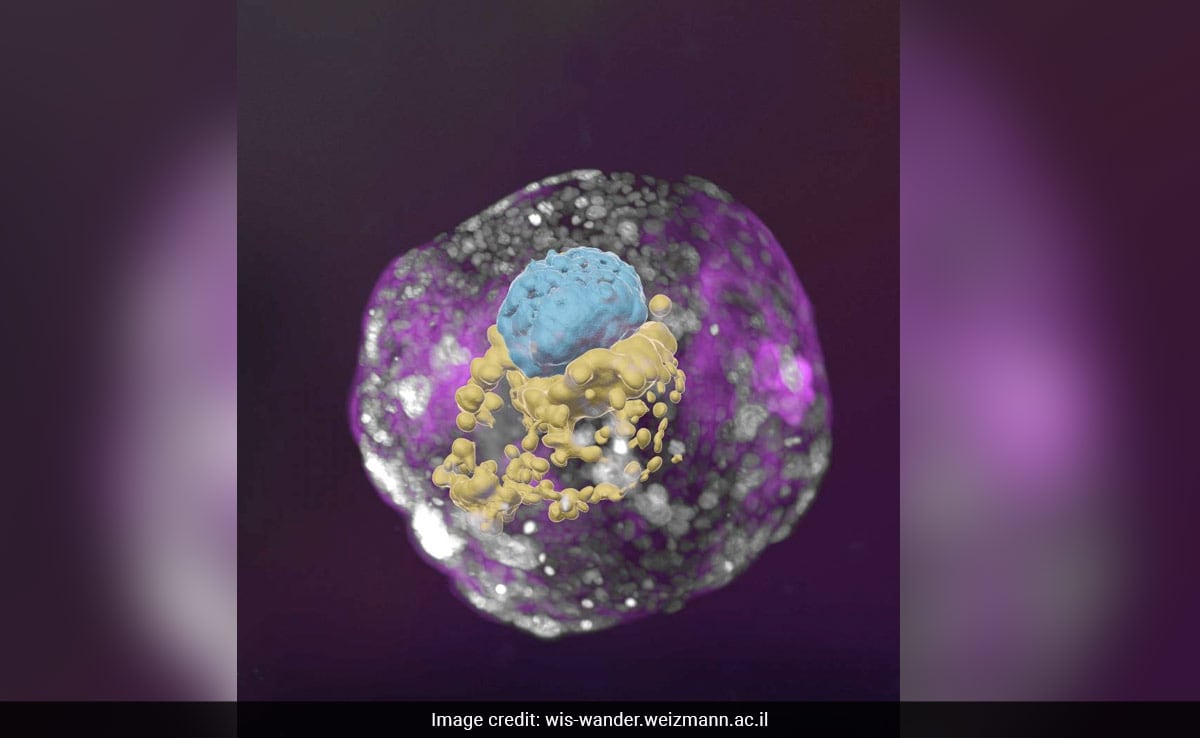
Experts fear the ruling could lead to a decline in IVF access and care.
New Delhi:
The Alabama Supreme Court ruled last week that frozen embryos created through in vitro fertilization (IVF) are to be legally considered as children under state law.
The decision holds significant consequences, asserting that such embryos fall under legislation dealing with the wrongful death of a minor if destroyed.
The court’s opinion, a first of its kind, declared that the “Wrongful Death of a Minor Act applies to all unborn children, regardless of their location,” including those “located outside of a biological uterus at the time they are killed.”
Immediate repercussions of the ruling are evident as three couples now have the legal grounds to pursue wrongful death suits after their frozen embryos were accidentally destroyed in a fertility clinic incident.
However, the far-reaching implications of this decision are raising concerns among legal experts, medical professionals, and reproductive rights advocates. Justice Greg Cook, in a dissenting opinion, highlighted that the ruling could potentially halt the creation of frozen embryos through IVF in Alabama, making it a unique and controversial stance.
Following the decision, The University of Alabama at Birmingham’s Division of Reproductive Endocrinology and Infertility has suspended IVF treatments.
Savannah Koplon, a spokesperson for the university, told CBS, “We are saddened that this will impact our patients’ attempt to have a baby through IVF, but we must evaluate the potential that our patients and our physicians could be prosecuted criminally or face punitive damages for following the standard of care for IVF treatments.”
Abortion rights groups and IVF advocates had anticipated such developments since the Supreme Court’s 2022 decision to overturn Roe v Wade. The Alabama ruling references language added to the state constitution in 2018, citing the protection of unborn child rights.
Experts fear the ruling could lead to a decline in IVF access and care, with Dr Mari Mitrani of Gattaca Genomics noting serious potential consequences for Alabamans’ right to start a family, the report added.
The decision may have broader implications beyond the state, impacting the entire fertility industry and posing a threat to professionals such as embryologists, fertility doctors, and lab technicians.
“This ruling poses a threat to embryologists, fertility doctors, lab technicians and all fertility healthcare providers in Alabama,” Dr Mitrani said. “The local medical professionals will be exposed to unforeseen consequences due to this ruling, when trying to help their patients.”
Dr Mary Jacobson, OB-GYN and chief medical adviser for Hello Alpha, characterised the ruling as a “continued assault on our freedoms” and expressed concerns about the potential criminalisation of positive medical intentions, questioning whether this could extend to criminalising miscarriage or missed menstrual periods, the report said.
The advocacy group ‘Resolve: The National Infertility Association’ said in a statement on Instagram, “This ruling has profound implications far beyond Alabama’s borders. Every American who wants or needs access to family building options like IVF should be deeply concerned about this development and the precedent it will set across the country.”
The health system’s fertility unit will still collect eggs from women seeking treatment, but they have temporarily stopped the next steps like fertilising the eggs and letting embryos develop. “Everything through egg retrieval remains in place,” the statement said, as per the NY Times.
As the legal landscape evolves, the Alabama Supreme Court’s decision is igniting a broader conversation about reproductive rights and the future of IVF access and care.




